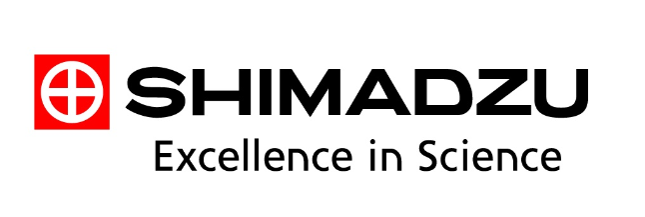GCMS for Fiji Police
Fiji Police have purchased themselves a $250,000 Gas Chromatography Mass Spectrometry (GCMS) instrument for their forensic chemistry lab. In line with 2015 capital projects, they decided that the instrument was a worthwhile investment and asserted that it will strongly improve their forensic science capabilities.
Whilst this purchase may seem a rather costly one, utilizing the analysis capabilities of GCMS will likely pay dividends in the future, as it is considered a primary form of analysis in forensic science.
GCMS consists of a two stage process: a gas chromatograph separates chemical mixtures into individual compounds in a temperature controlled capillary column, with the help of helium, hydrogen or nitrogen as a carrier gas and once that process is complete, the compounds are then put through a mass spectrometer to detect constituent compounds.
With such an instrument, the Fiji Police chemistry lab will have the ability to assist more thoroughly with criminal investigations through various analyses related to illicit drug use, such as identifying biological contents of an individual’s stomach or the chemical constituents within blood and urine. This will allow them to confirm cases where an overdose is suspected and even identify the presence of compounds that were used to spike an individual’s drink. Lab staff have already undergone extensive training with Shimadzu Australia and the force has stated its commitment to ongoing training on the methods & techniques of their new instrument.

Whilst training staff is undoubtedly key to ensuring all laboratory analyses are carried out accurately, obtaining a suitable gas supply is essential to the ongoing operation of the GCMS instrument. Often this need has been met by reliance on delivery of helium or hydrogen gas cylinders, which are not only expensive but can also be dangerous due to the high pressures involved, particularly the case with hydrogen cylinders as they hold large volumes of an explosive gas. However, with the ever increasing demands on laboratory workflows, more and more facilities are opting to use hydrogen gas generators as hydrogen has a higher optimal velocity than helium which allows for a faster analysis time for many methods. Furthermore, a gas generator offers an independent, safe on-site supply that generates and delivers hydrogen gas on demand when required, and won’t run out when it’s needed most.
PEAK’s Precision Hydrogen Trace generator is an ideal solution for GCMS, ensuring the key engine which feeds and drives their productivity is always available to deliver.
Wikipedia - Gas Chromatography Mass Spectrometry
Related Articles: